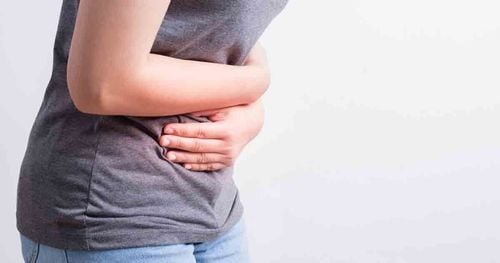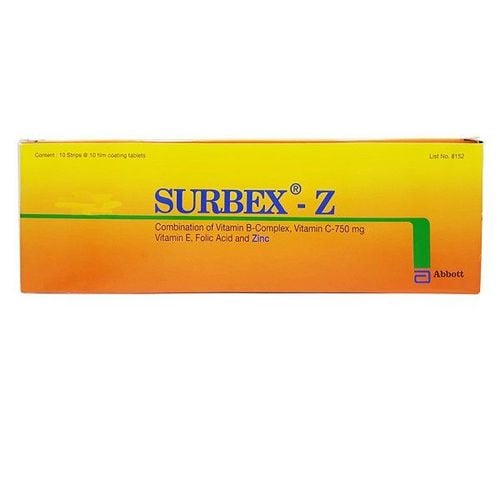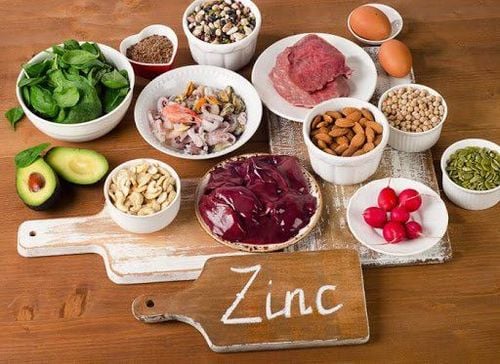Zinc deficiency will affect physiological functions in the human body. Below are some signs of zinc deficiency in adults as well as signs of zinc deficiency in children.
1. Causes of zinc deficiency
Zinc is a trace mineral that is indispensable for children's development. The role of zinc is to synthesize protein by enzyme mechanism, zinc supplementation helps promote the development of bones, muscles and brains of young children. Below are some causes of zinc deficiency in the body:
Diet: Due to low zinc intake or due to phytate and fiber in food that hinder zinc absorption.
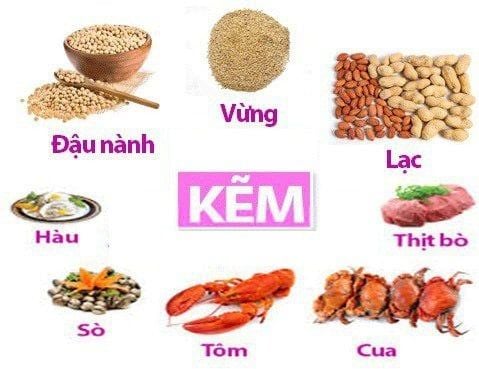
Exclusive breastfeeding: symptomatic zinc deficiency is rare, if any, in premature babies, because these mothers have very low zinc content in milk. The signs of zinc deficiency in women are quite obvious, and the main clinical manifestation is dermatitis.
Other causes include:
- Crohn's disease
- Cystic fibrosis
- Sickle cell disease
- Liver disease: severe and chronic.
- Zinc deficiency in parenteral nutrition: nephrotic syndrome, diabetes insipidus...
- Athletes
2. Signs of zinc deficiency
Zinc deficiency causes hair loss.
Along with recurrent infections, hair loss is probably one of the main symptoms we should consider when we suspect zinc deficiency.
Zinc is essential for cell multiplication and protein absorption, which are important for thick, shiny hair.
Brittle nails with white spots
White spots on the nails - sometimes called Beau's lines - are an important sign of zinc deficiency.
Nails may grow slowly, become brittle and break easily. This is because the body needs a steady supply of zinc to develop tissue and cells in the nails, common nail problems can occur, the most severe manifestation of which is white spots.
Poorly shiny teeth
Zinc is essential for healthy teeth and if you have low levels of zinc, you will not have shiny white teeth, they can easily chip and become unhealthy.
Zinc is an essential element naturally present in plaque, saliva and tooth enamel.
If you are deficient in zinc, you may notice sensitivity to smell, changes in taste, and a white tongue coating and you may be prone to mouth ulcers and gingivitis - most commonly seen in people who are low in zinc in their diet.
Mouth ulcers
A lack of zinc in your diet can also cause recurring mouth ulcers. Several studies have shown that low zinc levels can increase the risk of mouth ulcers and patients with low zinc levels in their system often suffer from recurring mouth ulcers.
Acne or other skin problems
It has been suggested that people with acne may be deficient in zinc and some acne treatments and antibiotics often contain zinc.
A recent study found that 54% of people with acne have low zinc levels.
People with zinc deficiency also often have scaly skin from acne that doesn't heal or takes a long time to heal because zinc is essential for wound healing.
Weak bones
Everyone knows that calcium is needed for bones, but zinc is an essential mineral for bone growth and formation, thanks to its role in cell growth and development, as well as the renewal of collagen needed to make bones strong.
Children of vegetarians or strict vegetarians may be deficient in zinc, leading to problems with bone development in children and adolescents.
To find out about your bone health, you can ask your doctor for a DEXA scan to measure bone density (most doctors won't order a zinc blood test unless they suspect a serious deficiency).
3. How do you get enough zinc daily?
Our bodies don't store zinc, so we must obtain zinc from our diet. If you are a vegetarian or do not consume much red meat, you may be at risk of zinc deficiency.
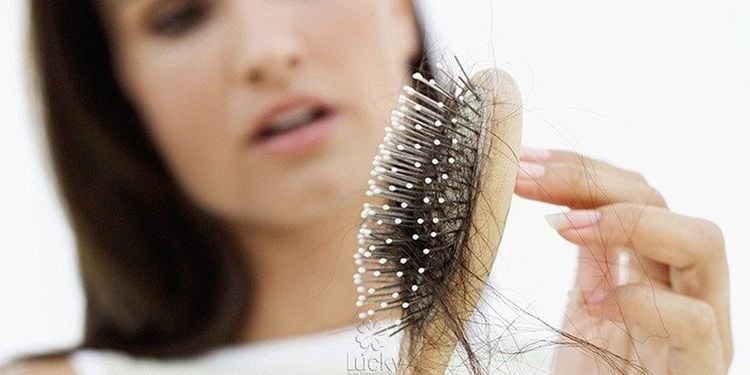
Red meats such as beef, pork, and lamb are excellent sources of zinc because the zinc in these foods is highly bioavailable, meaning our bodies can absorb it more easily than from other sources. Experts recommend consuming up to 500g of cooked red meat per week, which translates to about 70g a day or 100g five times a week.
It's worth noting that red meat that has been simmered for a long time contains higher levels of zinc compared to meat cooked using other methods. Furthermore, recent evidence suggests that drinking milk may enhance the absorption of zinc from high-phytate foods such as lentils and cereals, which is particularly beneficial for vegetarians.
Regardless of whether you eat red meat, you don’t need to consume a wide variety of zinc-rich foods to meet your daily requirement of 7mg for optimal health. You can refer to the table below to see how much zinc can be obtained from the foods you eat each day.




